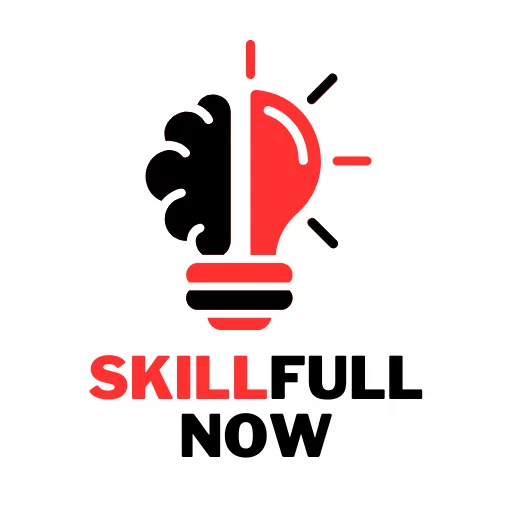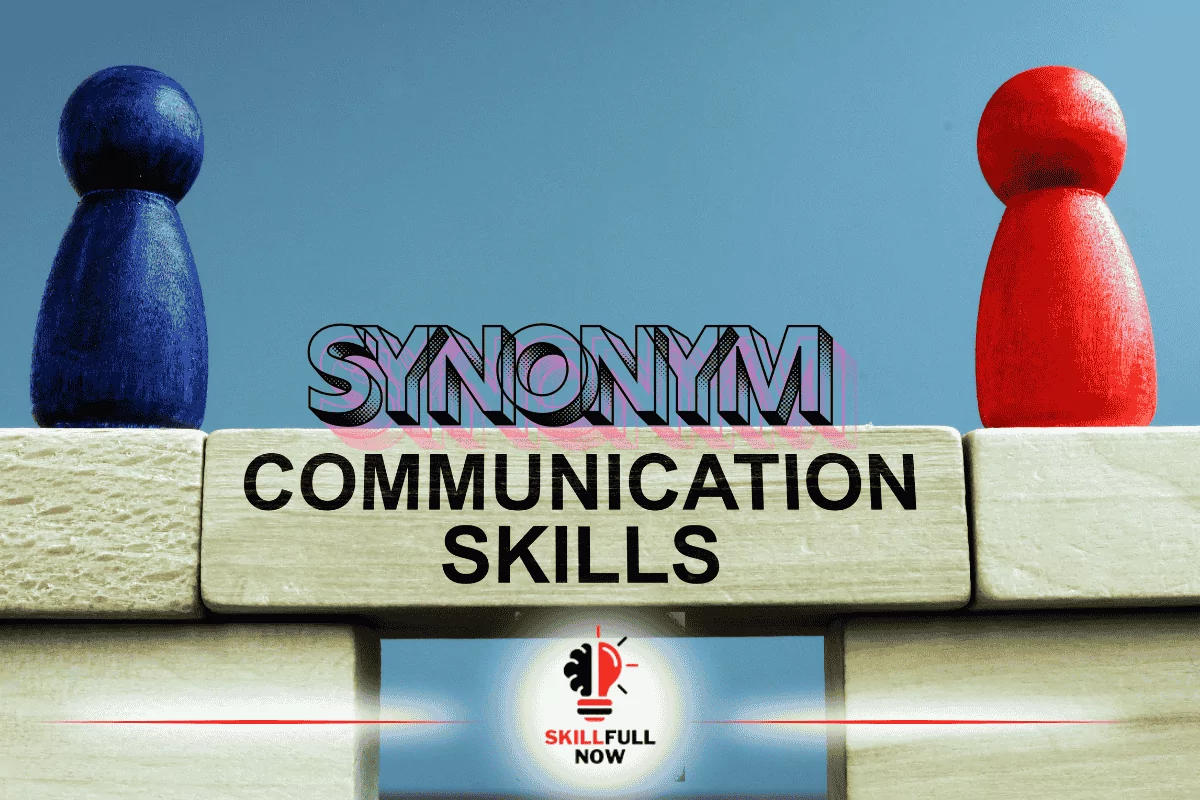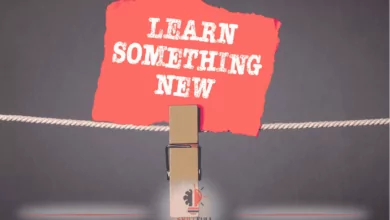7 Essential Problem Solving Skills for Teens

Adolescence is a critical period for building life skills, and problem-solving skills for teens stand out as an essential component of this growth. These abilities equip young individuals to navigate challenges, make informed decisions, and foster independence. From resolving peer conflicts to tackling academic pressures, cultivating these skills lays the foundation for lifelong success.
Let’s explore effective strategies and techniques to help teens master problem-solving while boosting their confidence and resilience.
Why Are Problem-Solving Skills Crucial for Teens?
Teenagers face diverse challenges, from academic struggles to social dilemmas. Developing strong problem-solving skills empowers them to:
- Handle conflicts with peers or family constructively.
- Make sound decisions in stressful situations.
- Build resilience, preparing them for adulthood.
- Enhance creativity by thinking outside the box.
When teens learn to address problems systematically, they are more likely to grow into adaptable and confident adults.
How to Identify the Need for Problem-Solving Skills in Teens
Noticing the need for better problem-solving skills is the first step. Indicators may include:
- Difficulty making decisions or feeling overwhelmed by choices.
- Frequent conflicts in school or at home.
- Struggles with academic tasks, such as organizing assignments.
- Hesitation in taking initiative or avoiding challenges altogether.
If any of these signs resonate, it’s time to introduce strategies tailored to developing problem-solving skills for teens.
Practical Strategies to Boost Problem-Solving Skills for Teens
Encourage Critical Thinking
Teens often act impulsively when confronted with problems. By fostering critical thinking, you can help them analyze situations logically. Encourage them to:
- Break problems into smaller parts.
- Examine possible solutions.
- Weigh the pros and cons of each option.
For instance, when deciding how to approach a group project, ask questions like, “What’s the best way to divide tasks?” or “How can you ensure everyone contributes fairly?”
Promote Effective Communication
Communication plays a pivotal role in problem-solving. Teach teens to:
- Express their thoughts clearly and respectfully.
- Listen actively to others’ perspectives.
- Seek clarification when needed.
This skill is especially helpful in resolving peer conflicts or working collaboratively.
Introduce Problem-Solving Models
Structured frameworks can simplify problem-solving for teens. The IDEAL model is particularly effective:
- Identify the problem – What’s wrong?
- Define goals – What do you want to achieve?
- Explore options – What are the possible solutions?
- Act on the plan – What steps will you take?
- Look back – Did it work? What can you learn?
Using such models equips teens with a step-by-step guide to approaching challenges.
Encourage Emotional Regulation
Strong emotions can cloud judgment, making it harder to solve problems effectively. Help teens learn to manage their emotions by:
- Practicing mindfulness or deep breathing.
- Journaling their thoughts and feelings.
- Taking short breaks when they feel overwhelmed.
When teens remain calm, they are better equipped to tackle problems rationally.
Support Independence and Decision-Making
Problem-solving is deeply intertwined with decision-making. Encourage teens to:
- Take ownership of their choices.
- Accept mistakes as learning opportunities.
- Practice decision-making in low-stakes scenarios, like planning a family outing.
Over time, they’ll gain confidence in their ability to make sound decisions.
Teach Resilience Through Real-Life Examples
Sharing stories of resilience can inspire teens to persevere through challenges. Highlight examples where persistence led to success, whether from their own experiences or notable figures.
Practical Activities to Build Problem-Solving Skills for Teens
Role-Playing Scenarios
Engage teens in role-playing activities that simulate real-life challenges, such as:
- Resolving a misunderstanding with a friend.
- Negotiating group project responsibilities.
- Dealing with unexpected setbacks during an event.
By practicing these scenarios, teens can experiment with solutions in a safe environment.
Puzzle Games and Brain Teasers
Introduce fun and interactive games like:
- Sudoku
- Escape room challenges
- Strategy-based board games
These activities sharpen critical thinking and encourage creative problem-solving approaches.
Journaling for Self-Reflection
Encourage teens to journal about challenges they’ve faced, including:
- The nature of the problem.
- The steps they took to resolve it.
- Lessons learned.
This practice fosters introspection and reinforces problem-solving patterns.
The Role of Parents and Educators
Model Problem-Solving Behaviors
Teens learn by example. Demonstrate how you approach challenges, from troubleshooting household issues to managing work-related stress.
Provide Constructive Feedback
Avoid criticizing mistakes; instead, offer constructive feedback. For example, say, “Next time, consider these options…” rather than “You should have done this.”
Create a Supportive Environment
Foster an atmosphere where teens feel safe to discuss their problems without fear of judgment. Offer encouragement and celebrate their successes.
Common Mistakes to Avoid When Teaching Problem-Solving Skills
Imposing Solutions
Resist the urge to solve problems for your teen. Instead, guide them through the process and let them take charge.
Overemphasizing Perfection
Problem-solving is often messy, and mistakes are part of the journey. Encourage teens to embrace trial and error.
Ignoring Emotional Barriers
Recognize that emotions play a significant role in decision-making. Address underlying fears or anxieties that may hinder problem-solving efforts.
Conclusion
Cultivating problem-solving skills for teens is an investment in their future. By fostering critical thinking, emotional regulation, and independence, parents and educators can empower teens to navigate life’s challenges with confidence. Whether through structured activities, real-life examples, or supportive guidance, the journey to mastering these skills is as rewarding as the outcome.
FAQs
How can teens improve their decision-making skills?
Teens can enhance decision-making by analyzing pros and cons, seeking advice from trusted individuals, and practicing low-stakes decisions to build confidence.
What are the key components of effective problem-solving?
Effective problem-solving involves identifying the problem, brainstorming solutions, evaluating options, taking action, and reflecting on outcomes.
Can games really help teens develop problem-solving skills?
Yes, games like puzzles, strategy board games, and escape rooms promote critical thinking and encourage creative approaches to challenges.
How can parents support teens in becoming better problem solvers?
Parents can model problem-solving behaviors, offer constructive feedback, and create a supportive environment where teens feel safe to experiment with solutions.
Why is emotional regulation important in problem-solving?
Emotional regulation helps teens stay calm and think rationally, allowing them to make better decisions and approach challenges more effectively.
What role does journaling play in building problem-solving skills?
Journaling encourages self-reflection, helping teens analyze their problem-solving approaches, learn from mistakes, and recognize patterns for future challenges.






Hi, ego volo scire vestri pretium.